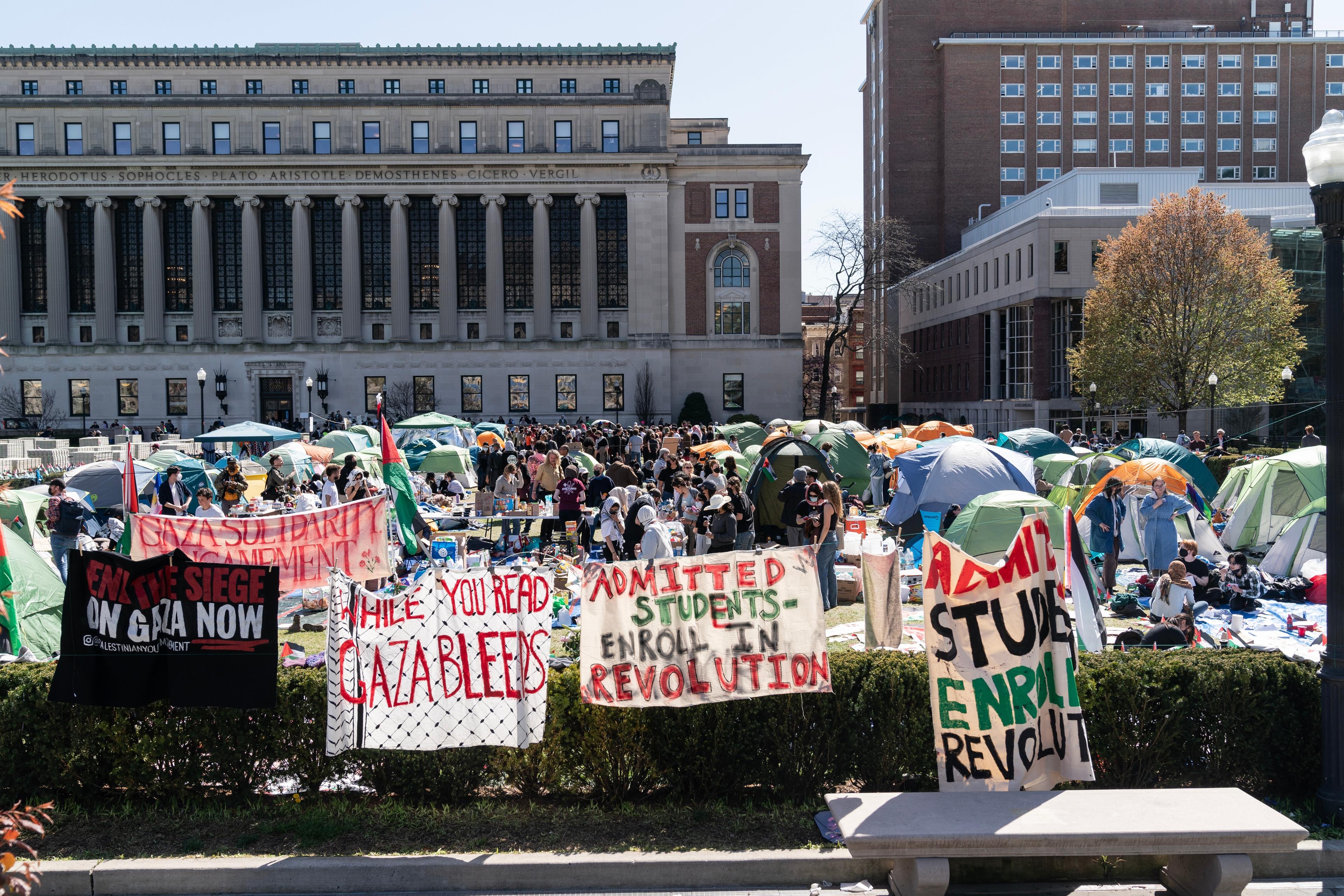Columbia, Antisemitism, Funding
Billionaire Mort Zuckerman pulls $200 million donation from Columbia University
Mega-donor Mort Zuckerman pulls the plug on millions in funding, resulting from dissatisfaction in how Columbia has handled virulent antisemitism on its campus.

In a move that underscores the growing tension between higher education and its benefactors, billionaire Mortimer Zuckerman has suspended millions in donations to Columbia University. The decision comes in response to what Zuckerman sees as the institution's inadequate handling of anti-Semitism on campus.
Zuckerman, the media mogul behind U.S. News & World Report and former owner of the New York Daily News, had pledged a staggering $200 million in 2012 to establish Columbia's Mind Brain Behavior Institute. This donation, one of the largest in the university's history, was intended to propel interdisciplinary neuroscience research. Now, that funding stream has run dry.
"Columbia's recent actions have diverged from its core mission," a spokeswoman for the Zuckerman Family Office said, adding "It's no longer the institution Mr. Zuckerman originally supported."
The billionaire's decision follows months of dialogue with Columbia's leadership, during which Zuckerman voiced concerns about the university's governance and its response to anti-Semitic incidents following the October 7 Hamas attack on Israel. Despite Columbia's plea for time to "rebuild trust," Zuckerman found the progress insufficient.
Columbia has become an epicenter of campus unrest, with anti-Israel protests culminating in the occupation of Hamilton Hall and the cancellation of in-person classes and graduation ceremonies. The university's recent handling of a texting scandal involving four deans, which resulted in reassignments rather than dismissals, further fueled Zuckerman's disillusionment.
Zuckerman's move aligns with a growing trend among high-profile donors. Robert Kraft, owner of the New England Patriots, and Leon Cooperman, a prominent hedge fund manager, have also withdrawn their financial support from Columbia, citing similar concerns.
Zuckerman's decision sends a clear message: even the most generous philanthropists are willing to close their checkbooks when they feel their values are compromised.
The long-term impact of this funding freeze on Columbia's prestigious Mind Brain Behavior Institute remains unclear.
What is certain, however, is that the landscape of academic philanthropy is shifting, with donors increasingly willing to leverage their financial clout to influence campus politics and policies.
* The Washington Free Beacon contributed to this article.